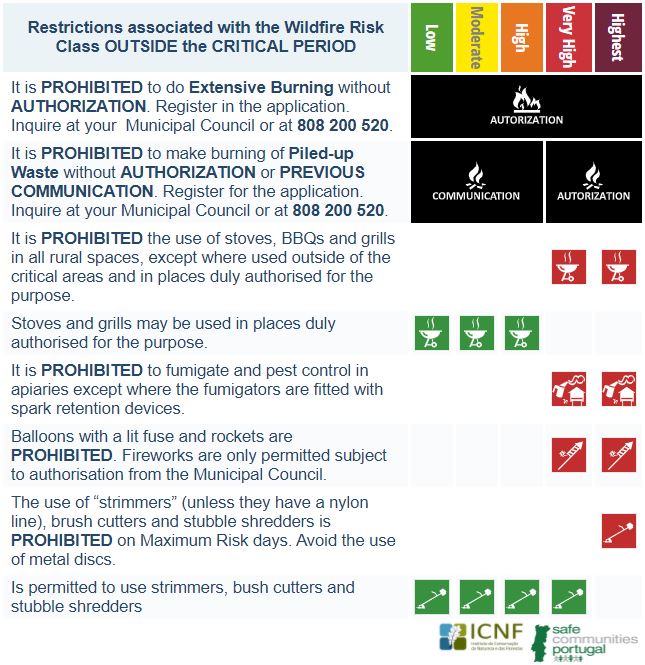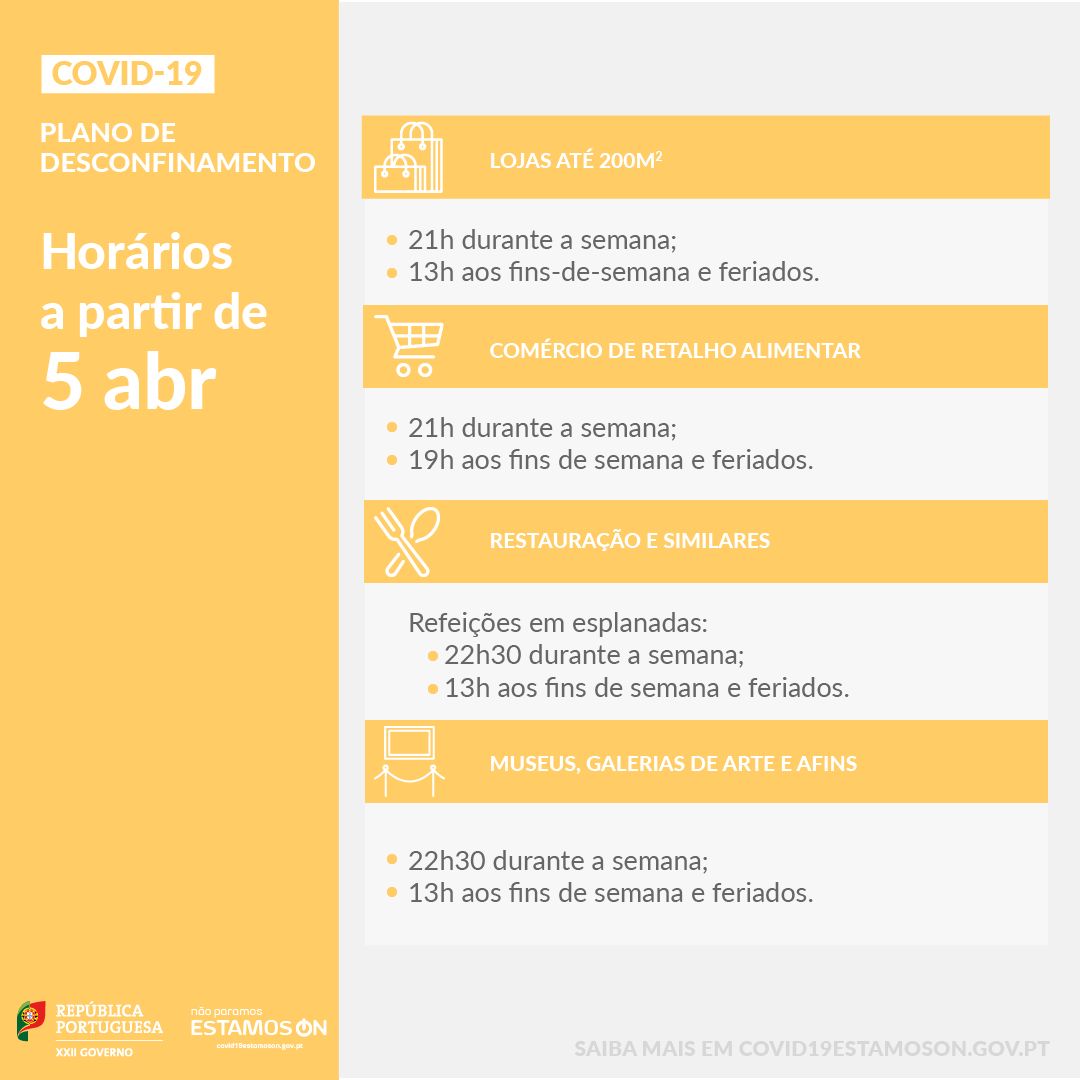Given the evolution of the pandemic in Portugal, the Government decided, after listening to experts and the parties, to define a set of preventive measures aimed at containing the growth of the pandemic in the coming weeks.
Notwithstanding the fact that Portugal is one of the countries with the highest vaccination rate in the world and that the numbers of hospitalizations and deaths precisely reflect the effect of vaccination, the country must prepare for a phase of growth in the pandemic in the coming weeks. The arrival of winter, the wave that is spreading with intensity in several European countries and the approach of a festive season led the Government to act to prevent the number of Covid-19 infections, which has been growing in recent weeks, from increasing substantially.
Thus, from December 1st, the State of Calamity will be declared for the entire continental national territory and the following measures will be adopted:
- General recommendations:
- Regular testing;
- Telecommuting, whenever functions permit.
- Mandatory use of mask in all closed spaces and in all spaces not excepted by the DGS;
- The presentation of the digital certificate will be mandatory when accessing:
- Restaurants;
- Tourist establishments and local accommodation;
- Events with marked places;
- Gyms.
- Mandatory negative test requirement (even for vaccinated people) in accessing:
- Home visits;
- Visits to patients admitted to healthcare facilities;
- Large events without marked seats (or in improvised venues) and sports venues;
- Discos and bars.
- At borders:
- Mandatory negative test for all flights arriving in Portugal;
- Heavily increased sanctions for airlines.
- For the week of January 2-9, which will contain existing contacts during the festive season, specific rules will be adopted:
- Mandatory telework, whenever functions allow.
- Classes restart on January 10th.
- Closing of clubs and bars.

